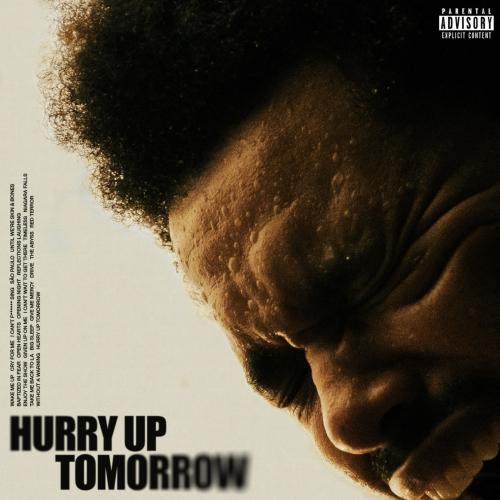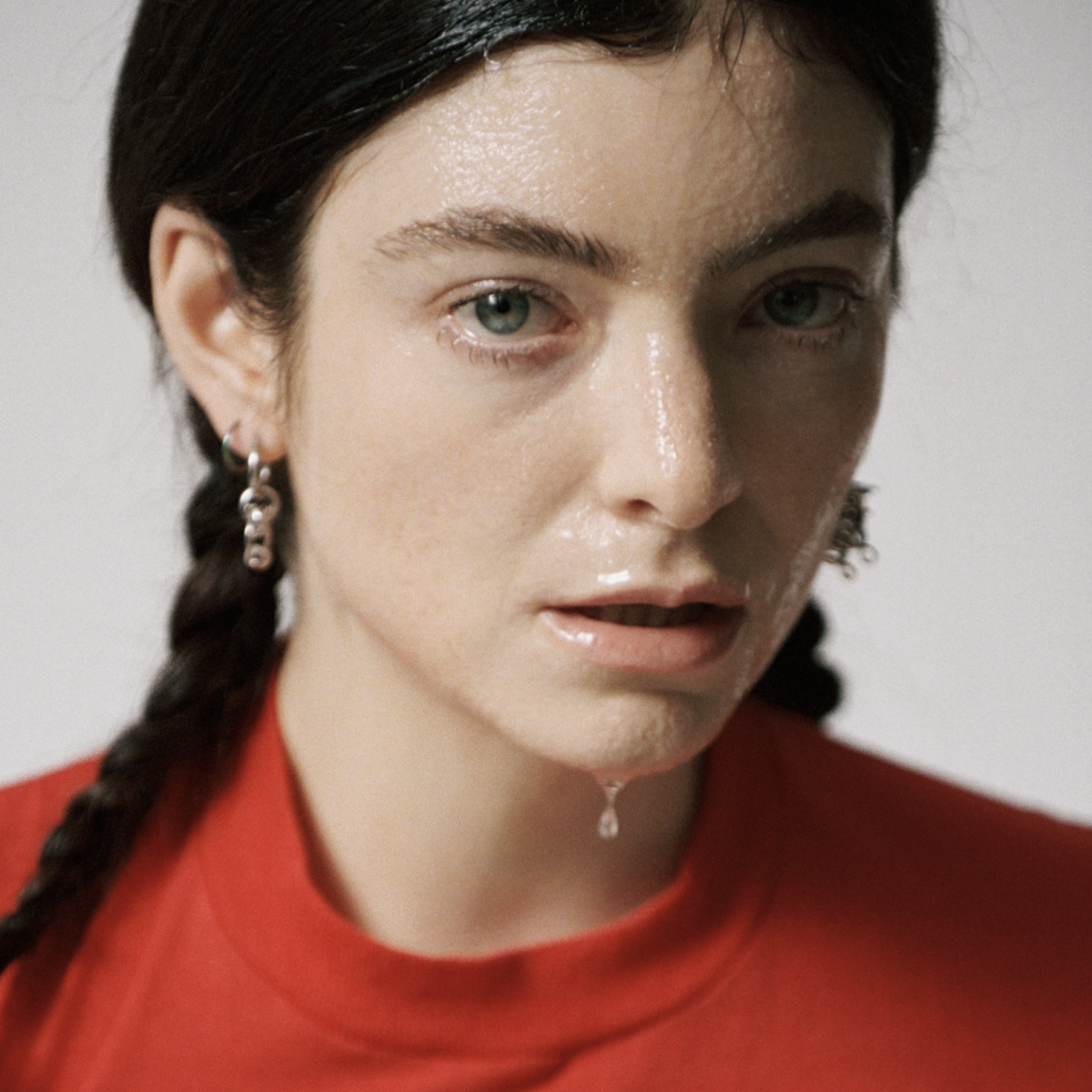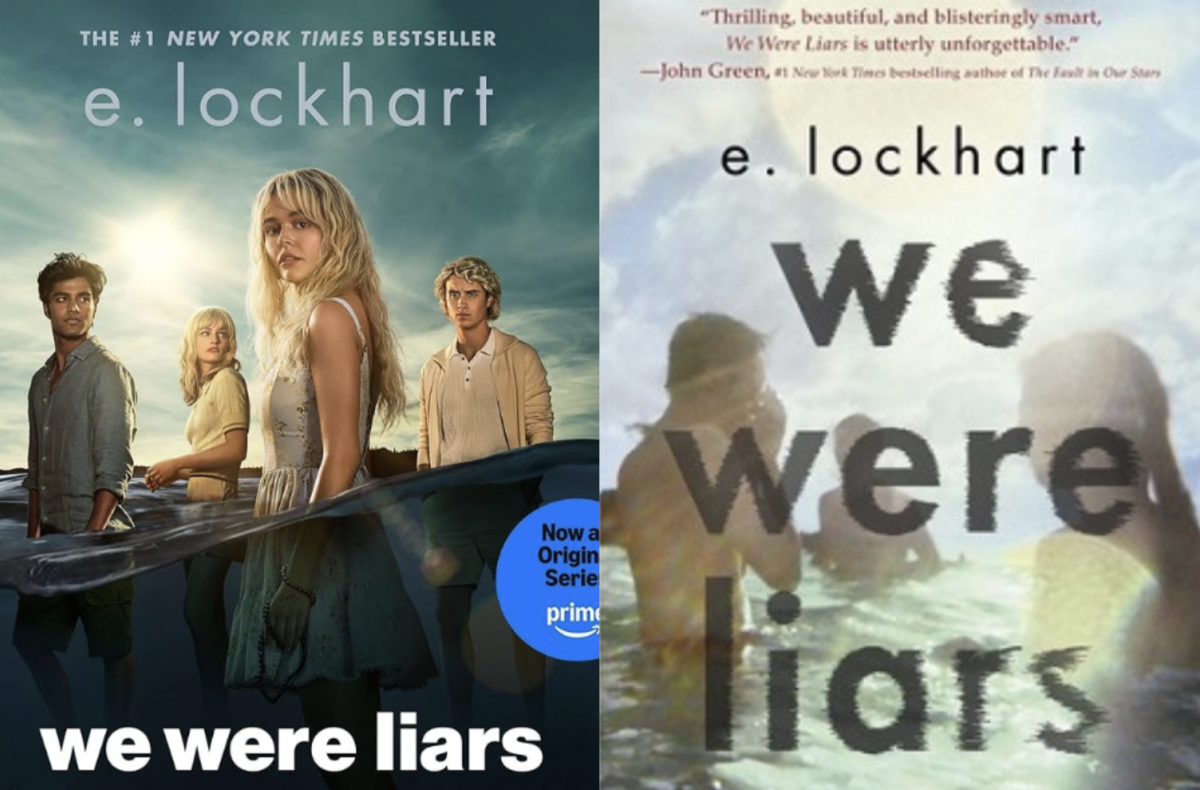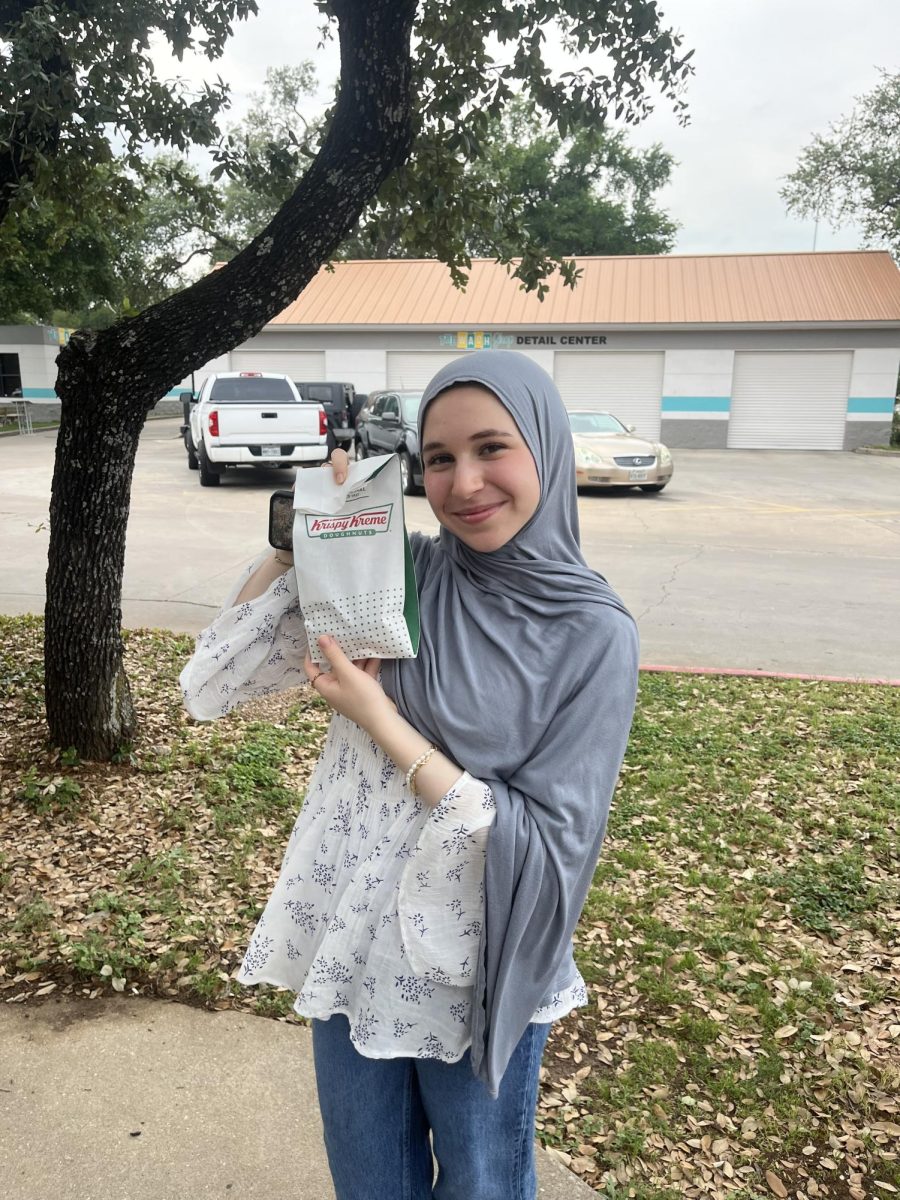On Jan. 31, Abel “The Weeknd” Tesfaye released the long-awaited Hurry Up Tomorrow. Supposedly, it is his last album as The Weeknd, after which he will be making music under a different name, presumably his real one. Essentially, The Weeknd is a character, a persona he invented to explore specific themes, and he wants to move on after this era. It is also the last album of his new “trilogy”, closing out the narratives that After Hours and Dawn FM, his previous two albums, started.
I think many people would agree with me when I say that the album rollout was a trainwreck. There was more promotion for the album six months before it came out than six weeks before it came out. The first single, “Dancing in the Flames”, received a somewhat negative reception (and didn’t appear on the final album). The following two singles, “São Paulo” and “Timeless”, received similarly mixed responses, but what was most concerning was how little they reflected what had been set up. Hurry Up Tomorrow was teased as a grand conclusion to his discography, but the singles seemed strange, underwhelming, and out of place. Not only that, but the teased album cover was changed, which seemed like an unsure, last-minute move. So going in, I had more than my fair share of concerns.
I realized very quickly when it came out how misleading the rollout had been. Here was a 90 minute, 22 track behemoth, and from “Wake Me Up”, the operatic opener, it was clear that it would deliver a fitting conclusion. The first few tracks do an excellent job of carrying momentum throughout different moods with exciting transitions and interludes. “São Paulo”, a single that initially seemed off and out of place, fits perfectly between two transition tracks, greatly improving how it comes across. After a dejected turn, the album dramatically builds into my personal favorite, “Open Hearts”, a glorious synth-fueled rapture.
From there, the album slows down a great deal. It becomes clear that Tesfaye, in his last album, is blending and paying tribute to all of his previous work, perfecting previous ideas and experimenting with new ones. Songs like “Enjoy the Show” and “I Can’t Wait to Get There” see Tesfaye trying out a jJungle-esque blend of soul and R&B. It also harkens back to his original trilogy from the 2010s, with darkened and repetitive vocals in “Baptized in Fear” and “The Abyss”. There are also hints of the eccentric new-wave conceptual strangeness of Dawn FM, and the tragic soaring ballads of After Hours. The result is a sonically diverse collection of tracks that make the 90 minute runtime much easier to stomach.
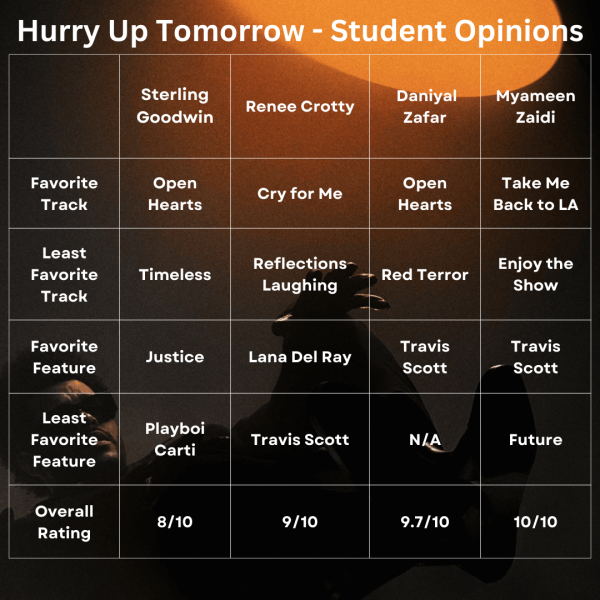
The album contains many features, his most since Starboy. I’ve always been skeptical of Tesfaye’s synergy with other artists — his sound is sort of a one-man act. That said, with this album, Tesfaye seems to have worked hard to draw other artists out of their comfort zones and fit into the overall narrative he’s building. Travis Scott gives a feature that’s pitched down and sounds somewhat inebriated, which fits into the album’s mood at that point but leaves a little to be desired if you wanted an actual verse. Future, in a surprising turn, croons emotional vocals that are completely out of his usual wheelhouse. He surprisingly improves the track a great deal. Lana Del Ray works well with The Weeknd as usual, and the production feature from Justice is immaculate. Unfortunately, “Timeless” with Playboi Carti still feels incredibly out of place on the tracklist. Ironically, it couldn’t be more set in the current trends in music, and it’s missing the cinematic edge that makes the rest of the songs leap off their speakers. And Carti’s flow clashes with Tesfaye’s tendencies like you wouldn’t believe.
Thematically, the album is one of Tesfaye’s best. It explores the death of The Weeknd personality, his struggles in overcoming his addictions, and his conflicting relationship with his fans. He elaborates on how he feels trapped in his persona, and a pressure from his fans to remain in his addictive lifestyle. One of the interludes is a direct reference to when he was booed off stage after having to cancel a concert because he lost his voice. In this sense, he feels as though he’s been commodified, his fans seeing him as a source of entertainment rather than a human being. He also continues the narrative from Dawn FM, about how his lack of a mother figure in his upbringing led to his harmful relationships and attachments. In the final title track, after a series of powerful ballads and conflicting emotions, he describes a death of sorts, burning away on a stake. Depending on how you read it, this could be interpreted as the death of The Weeknd and the birth of a new future.
In short, Hurry Up Tomorrow is a goliath of an album, which will surely take more time for me to process. There are certainly some significant flaws, mostly down to the high number of songs, and how some of them get lost in the shuffle/distract from the main themes. But The Weeknd has always been a maximalist figure, who swings big no matter what he does. I’m incredibly glad that his last album under this persona can cement his legacy as one of the most ambitious and influential of our time. 8/10.


